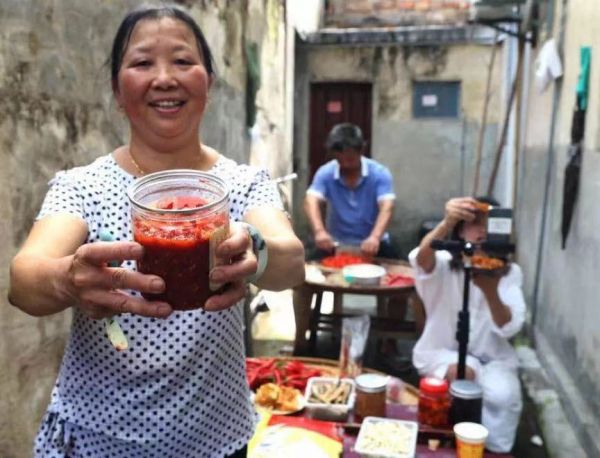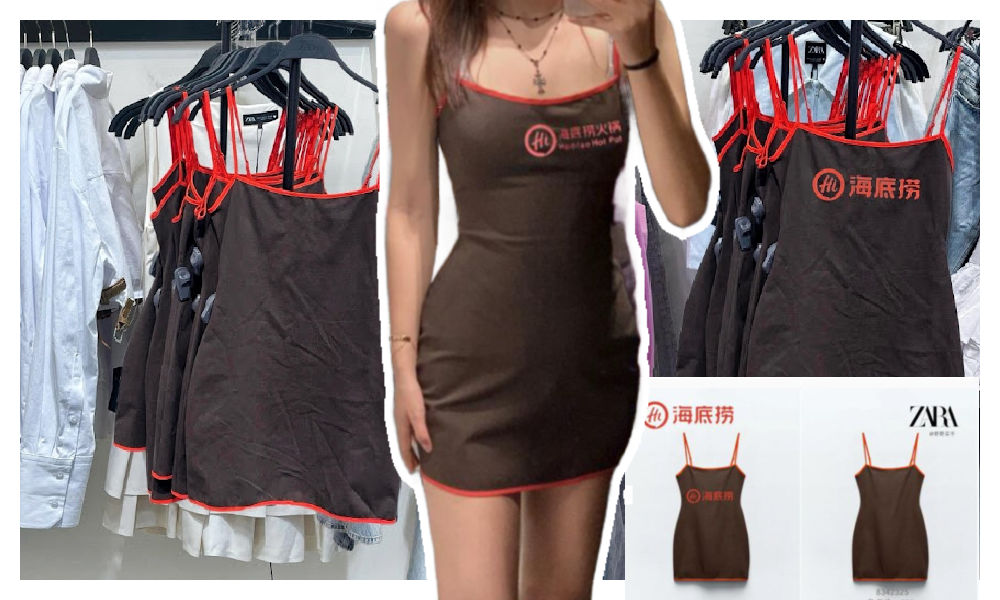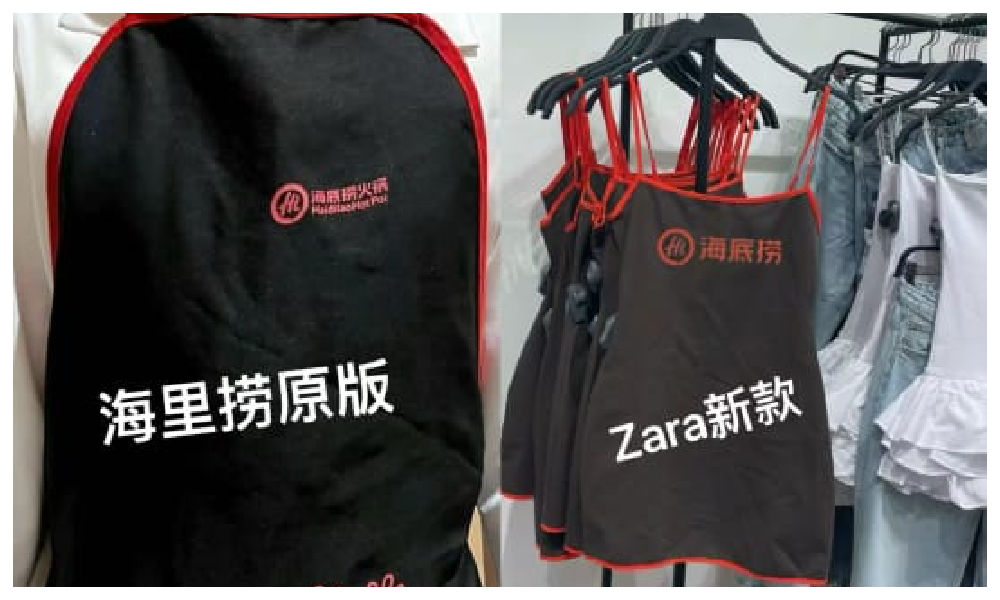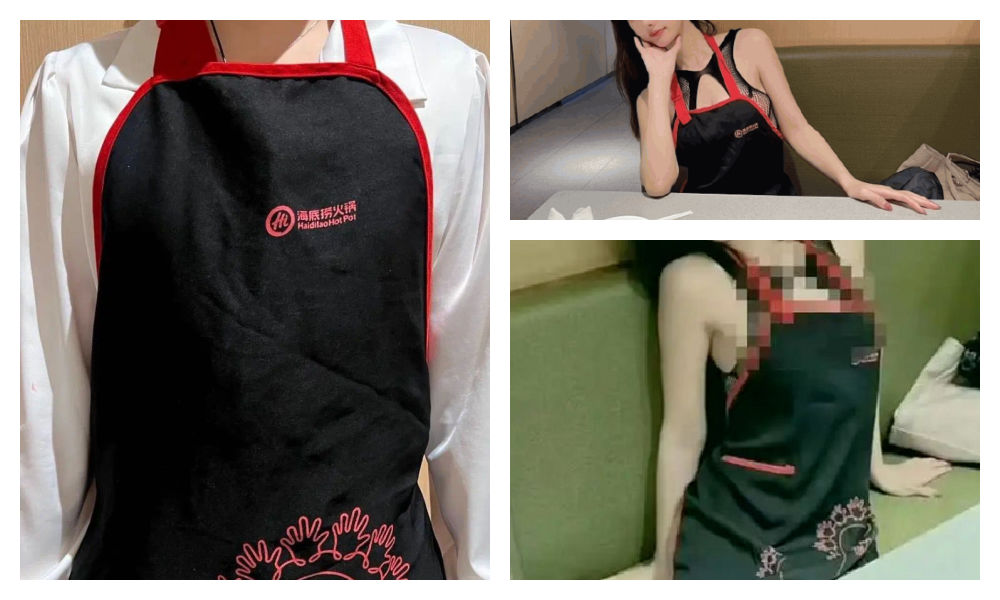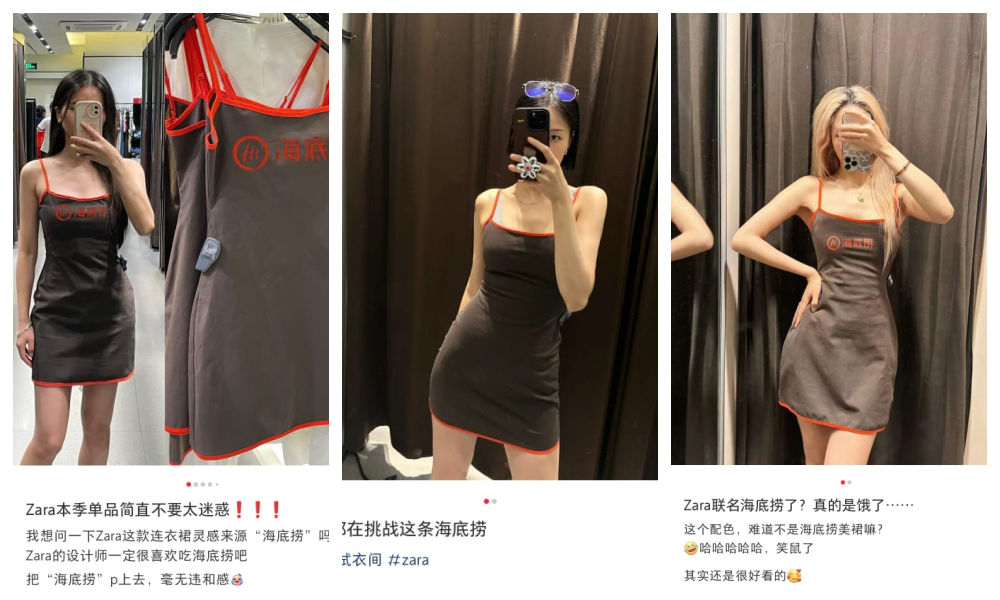This is the “WE…WEI…WHAT?” column by Manya Koetse, originally published in German by Goethe Institut China on Goethe.de: “VOM TEEBAUERN ZUM INFLUENCER: ONKEL HUANG UND CHINAS LÄNDLICHE LIVESTREAMER.”
The past year has been super tumultuous when it comes to the topics that have been dominating Chinese social media. The Coronavirus crisis was preceded by other big issues that were all the talk online, from the US-China trade war to the protests in Hong-Kong, the swine flu, and heightened censorship and surveillance.
Despite the darker side to China’s online environment, however, there were also positive developments. One of the online trends that became popular this year comes with a term of its own, namely cūnbō (村播): rural livestreaming. Chinese farmers using livestreaming as a way to sell their products and promote their business have become a more common occurrence on China’s e-commerce and social media platforms.
The social media + e-commerce mix, also called ‘social shopping,’ is booming in the PRC. Online platforms where the lines between social media and e-commerce have disappeared are now more popular than ever. There’s the thriving Xiaohongshu (小红书Little Red Book) platform, for example, but apps such as TikTok (known as Douyin in China) also integrate shopping in the social media experience.
Over recent years, China’s e-commerce giant Alibaba has contributed to the rising popularity of ‘social shopping.’ Its Taobao Live unit (also a separate app), which falls under the umbrella of China’s biggest online marketplace Taobao, is solely dedicated to shopping + social media, mainly mobile-centered. It’s a recipe for success: Chinese mobile users spend over six hours online per day, approximately 72% of them shop online, and nearly 65% of mobile internet users watch livestreaming.
Every minute of every day, thousands of online shoppers tune in to dozens of different channels where sellers promote anything from food products to makeup or pet accessories. The sellers, also called ‘hosts’ or ‘presenters,’ make their channels attractive by incorporating makeup tutorials, cooking classes, giving tips and tricks, chatting away and joking, and promising their buyers the best deal or extra presents when purchasing their products.
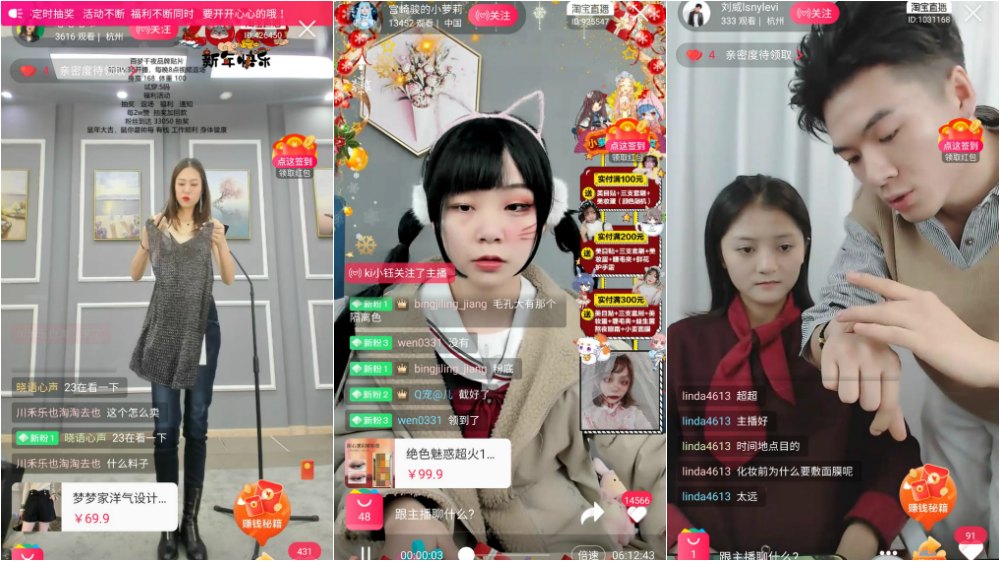
Livestreaming on Taobao goes on 24/7 (screenshots from Taobao app by author).
Sometimes thousands of viewers tune in to one channel at the same. They can ‘follow’ their favorite hosts and can interact with them directly by leaving comments on the livestreams. They can compliment the hosts (“You’re so funny!”), ask questions about products (“Does this also come in red?”), or leave practical advice (“You should zoom in when demonstrating this product!”). The product promoted in the livestreams can be directly purchased through the Taobao system.
Over the past year, Alibaba has increased its focus on rural sellers within the livestreaming e-commerce business. Countryside sellers even have their own category highlighted on the Taobao Live app. Chinese tech giant Alibaba launched its ‘cūnbō project’ in the spring of 2019 to promote the use of its Taobao Live app amongst farmers. The most influential livestreaming farmers get signed by Alibaba to elevate Taobao Live’s rural business to a higher level.
One of these influential Chinese farmers who has made a name for himself through livestreaming is Huang Wensheng, a tea farmer from the mountainous Lichuan area in Hunan Province.
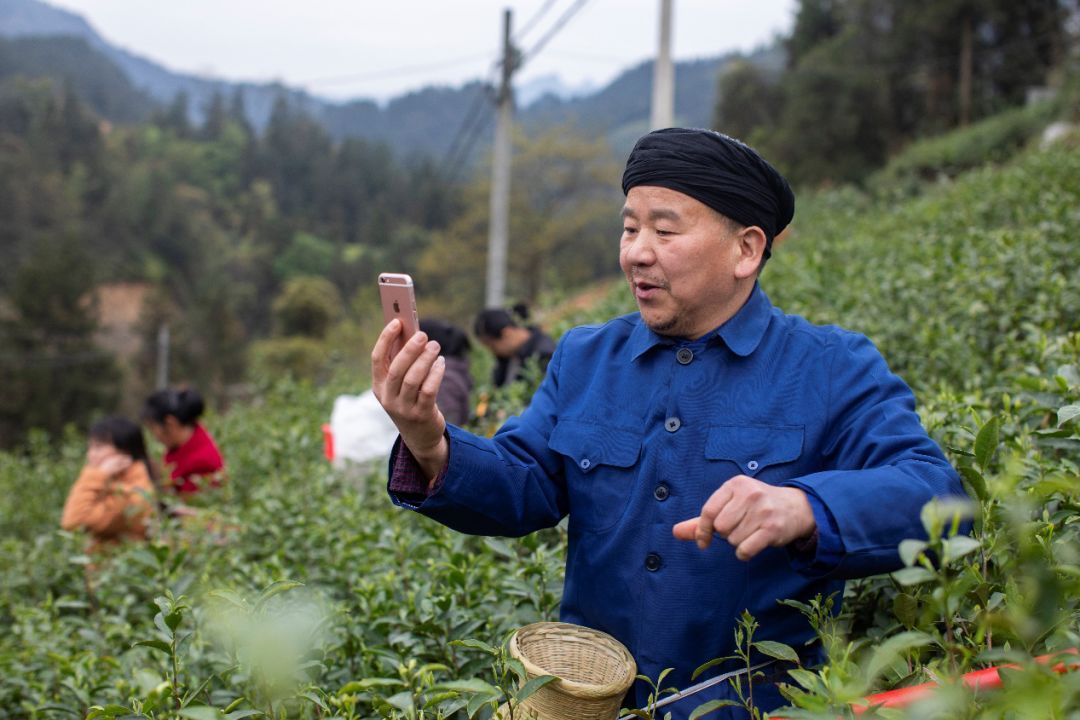
Uncle Huang livestreaming from the tea fields (image via Sohu.com)
Huang, who is nicknamed ‘Uncle Farmer,’ sells tea through his channel, where he shows viewers his work and shares stories and songs from his village. He is also known to talk about what he learned throughout his life and will say things such as: “It is important to work hard; not necessarily so much to change the world , but to make sure the world does not change you.”
With just three to five livestreaming sessions per week, ‘Uncle’ Huang reaches up to twenty million viewers per month, and, according to Chinese media reports, has seen a significant increase in his income, earning some 10,000 yuan (€1300) per week.
Huang is not the only farmer from his hometown using Taobao Live to increase their income; there are some hundred rural livestreamers in Lichuan doing the same.
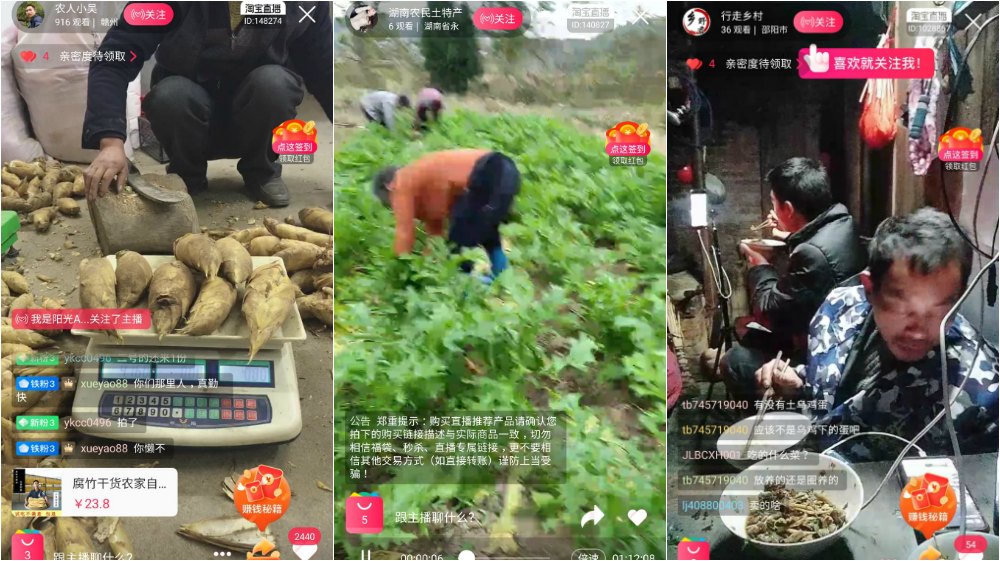
Some random screenshots by author from rural livestreaming channels, where online shoppers get a glimpse of countryside life
The rural livestreaming category is significantly different from the urban fashionistas selling brand makeup and the latest must-haves: these hosts do not have the polished look, glamorous clothes, or stylish backgrounds. They usually film outside while doing their work or offer a glimpse into their often humble rooms or kitchens.
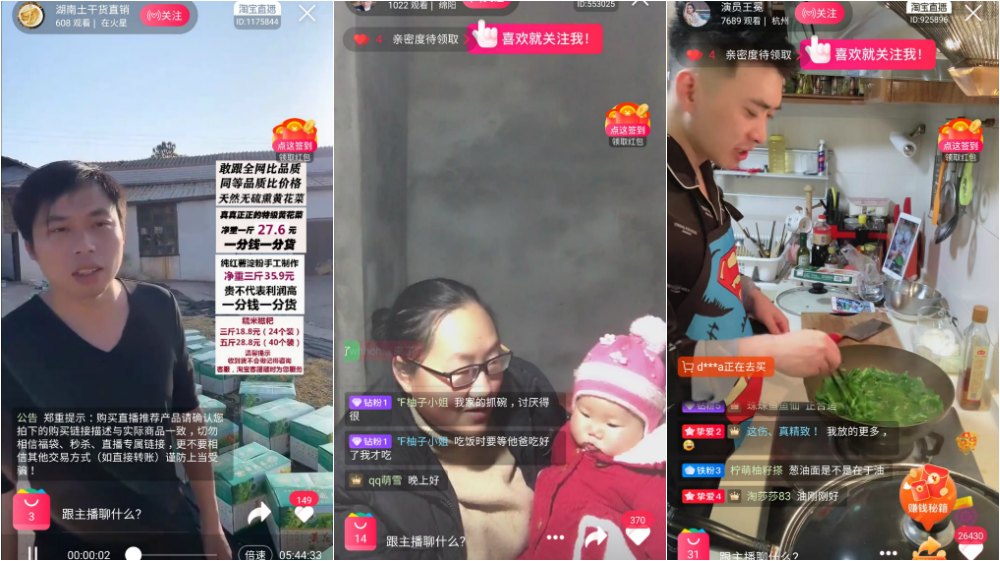
Viewers get to see the source of the products sold by these rural sellers; they often literally go to the fields to show where their agricultural products grow, or film themselves getting the eggs from their chickens or the oranges from the trees. From fruits to potatoes and flowers, and from fresh tea to home-made chili sauce – a wide range of products is promoted and sold through Taobao Live these days.
Some rural livestreamers are trying to stay ahead of their competition by coming up with novel concepts. A young farmer from Sichuan, for example, recently offered viewers the opportunity to “adopt” a rooster from his farm, allowing them to interact with ‘their’ rooster through social media and even throwing the occasional birthday party for some lucky roosters.
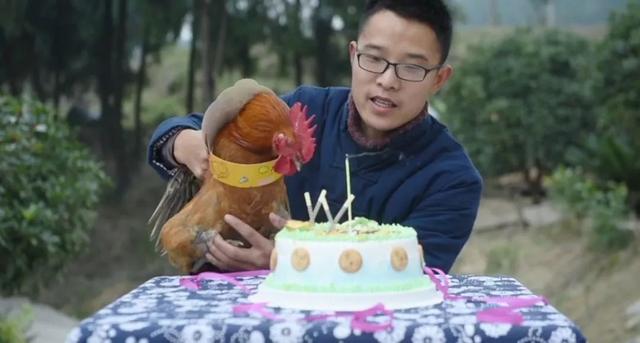
Image via sina.com.
Examples such as these show that although the countryside livestreamers usually lack glitter and glam, they can be just as entertaining – or perhaps even more so – than their urban counterparts.
Who benefits from the recent ‘cūnbō’ boom? One could argue that the rising popularity of livestreaming farmers is a win-win situation from which all participants can profit in some way. The commercial interests are big for Alibaba. The company has been targeting China’s countryside for years, as it’s where China’s biggest consumption growth will happen while mobile internet penetration is still on the rise. Alibaba earns profits from an increasing number of rural e-commerce buyers, as well as e-commerce sellers.
Alibaba’s early focus on the countryside as a new home for e-commerce has previously also led to the phenomenon of so-called ‘Taobao Villages,’ where a certain percentage of rural residents are selling local specialties, farm products or other things via the Taobao platform with relatively little transaction costs.
Many Chinese villages and farmers are profiting from the further spread of Taobao in the countryside. Not only does Alibaba invest in logistics and e-commerce trainings in rural areas, these e-commerce channels are also a way to directly boost sales and income for struggling farmers.
Chinese media predict that the rural livestreaming trend will only become more popular in the years to come, bringing forth many more influential farmers like Huang.
But besides the commercial and financial gains that come from the rising popularity of rural livestreamers, there is also a significant and noteworthy social impact. At a time in which China’s rapidly changing society sees a widening gap between urban and rural areas, these rural channels serve as a digital bridge between countryside sellers and urban consumers, offering netizens a real and unpolished look into the lives of farmers in others parts of the country, and gives online buyers more insight and understanding of where their online products came from.
Taobao Live is actually like a traditional “farmers’ market,” but now it is digital, open 24/7, and accessible to anyone with a mobile phone. It’s the Chinese farmers’ market of the 21st century.
By Manya Koetse
Follow @whatsonweibo
Spotted a mistake or want to add something? Please let us know in comments below or email us. First-time commenters, please be patient – we will have to manually approve your comment before it appears.
This text was first published by Goethe-Institut China under a CC-BY-NC-ND-4.0-DE license (Creative Commons) as part of a monthly column in collaboration with What’s On Weibo.


 China Insight2 months ago
China Insight2 months ago
 China Arts & Entertainment3 months ago
China Arts & Entertainment3 months ago
 China Media2 months ago
China Media2 months ago
 China Arts & Entertainment2 weeks ago
China Arts & Entertainment2 weeks ago
